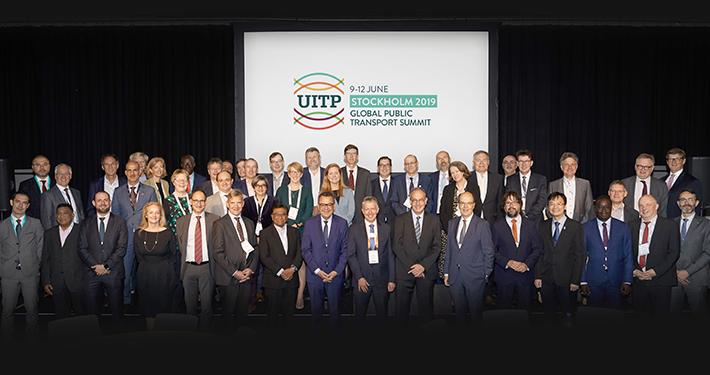
Top executives from 40 public transport organizations from 23 countries gathered last month at the International Association of Public Transport (UITP) Global Public Transport Summit in Stockholm to discuss funding and financing for sustainable urban mobility.
The attending members agreed that authorities need to make their cities benefit from public transport, and they need new funding mechanisms to do so. Urbanization, they declared, could claim 60 percent of the world’s population by 2030, straining urban mobility in a way that new roads or private cars cannot meet. This means turning to public transport — something that would also, in their view, support climate change response efforts. However, greater resources will be needed to update existing systems.
“We are playing our part by improving our efficiency and reducing costs, at the same time as increasing our customer focus. This is improving value for money and increasing the attractiveness of our services,” the executives said in a declaration following the meeting. “We are embracing new technologies to improve public transport services while reducing costs, for example, through digital asset management, and making our services more convenient and easier to use through real-time travel information.”
Smart growth will require allies, the executives conclude, and that means outreach to other sectors of society to build alliances for urban regeneration. As for new plans, they have considered options like Land Value Capture — a method through which success is judged by the recovery of the increase in property value generated by public infrastructure investment.
The next Public Transport Leaders’ Forum will take place in Barcelona, Spain, on Sept. 6, 2019. It will specifically focus on climate change and public transportation.